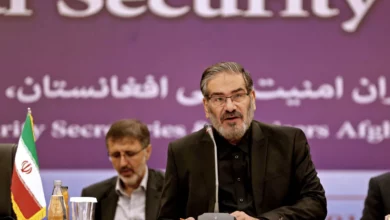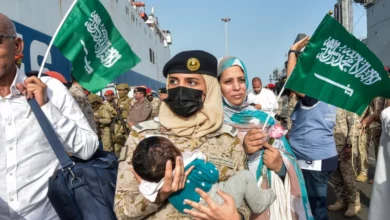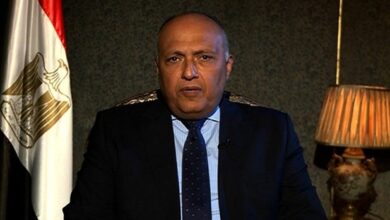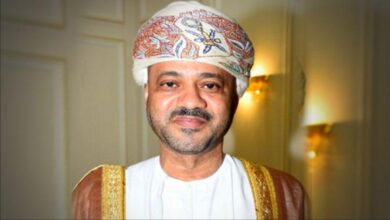Egyptian Foreign Minister Ahmed Abul Gheit on Saturday, while speaking to the National Democratic Party (NDP) annual conference, said Egypt’s diplomatic efforts face six major challenges: Sudanese stability, the Palestinian issue, the Iraqi and Lebanese political landscapes, Iran’s nuclear program, and engagement with global powers.
Abul Gheit said the dispute between North and South Sudan can be solved only through negotiations.
The minister added that Egyptian President Hosni Mubarak previously proposed a confederation between both Sudanese regions in an effort to remedy internal discord. The suggestion would help the south achieve its political and social aspirations through the establishment of an independent army, foreign representation, and a unified taxing system, Abul Gheit added.
Abul Gheit reiterated southern secession will not constitute a problem for Egypt's share of Nile flow. He said the agreement signed between Egypt and Sudan in 1959 that distributes Nile flow, an accord that has delivered Egypt the lion's share of Nile water, remains valid.
An independent South Sudan, Abul Gheit added, should receive its share from Khartoum.
Abul Gheit said Egypt has been helping the southern Sudanese with water-related investments, such as the construction of dams necessary for agriculture, electricity, and fishing resources.
Abul Gheit stressed Egyptian support for the Palestinian right to sovereign state based on the 1967 borders. He noted Egypt's strenuous efforts to reach an agreement over Palestinian statehood through mediation negotiations between Palestinians and Israel.
Speaking about the Iraqi situation, the minister emphasized Egypt's commitment to its responsibilities to the embattled nation, pointing out that Egypt has opened an embassy in Iraq, and that it continues to encourage Iraqi investment.
Abul Gheit stressed Egypt's eagerness to maintain Lebanese stability and to thwart foreign interventions in the country's domestic affairs. Egypt does not support any militias in Lebanon, the minister added, and does not instigate conflicts. He voiced hope that the issuance of indictments by the UN Special Tribunal for Lebanon, which investigates the assassination of former Lebanon's premier Rafiq al-Hariri, will not deteriorate Lebanon's stability.
Abul Ghiet also renewed Egypt’s support for a nuclear-free Middle East.
The minister concluded with a call to reconsider diplomatic approaches with rising global powers, such as China, which Abul Gheit predicts will lead the world within 15 years, as well as Russia, which he said will restore its position of power in the near future.




